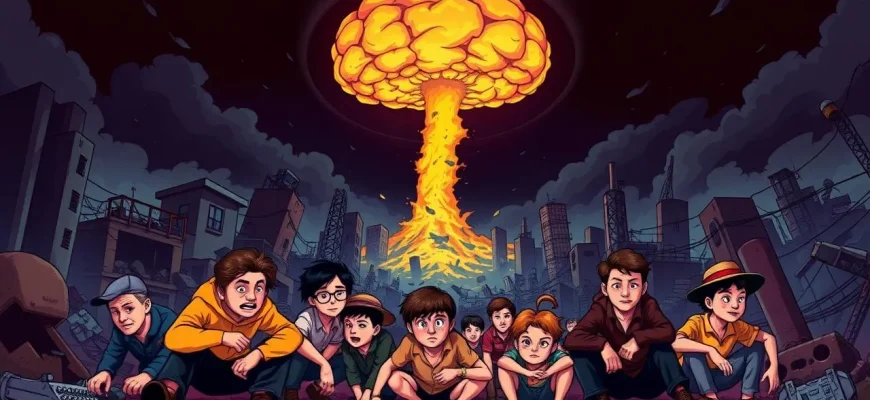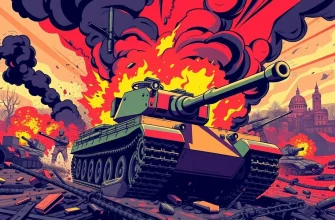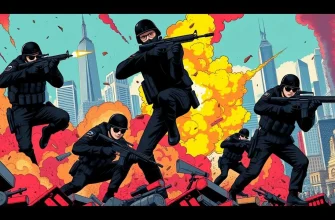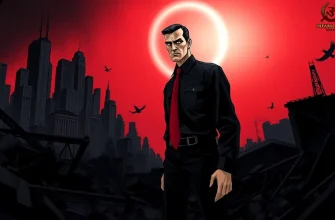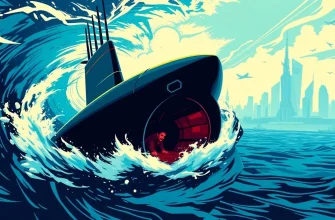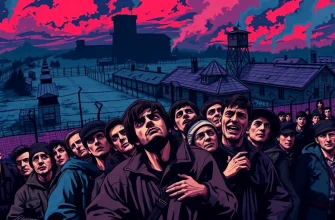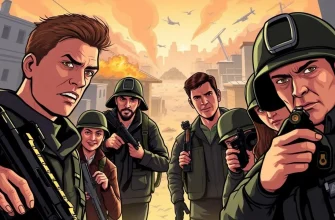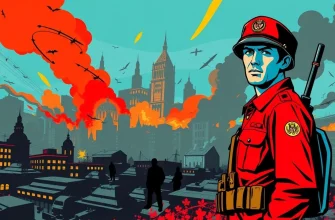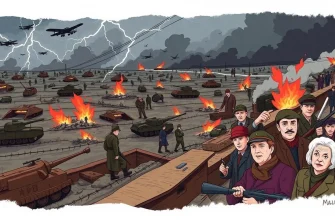The theme of nuclear war has long been a staple in cinema, offering a grim reflection on humanity's potential for self-destruction. These films delve into the psychological, political, and moral implications of atomic warfare, providing not only entertainment but also a sobering reminder of the fragility of our world. This curated list of ten nuclear war thrillers showcases a variety of narratives, from the immediate aftermath of a nuclear strike to the long-term effects on society and the environment, making it an essential watch for those interested in exploring the darker facets of human nature and the consequences of our technological advancements.
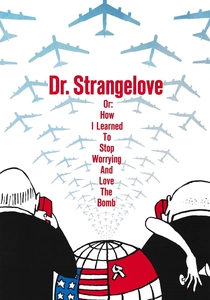
Dr. Strangelove or: How I Learned to Stop Worrying and Love the Bomb (1964)
Description: A satirical black comedy that critiques Cold War politics and the absurdity of nuclear strategy, focusing on a rogue general who orders a nuclear attack on the Soviet Union.
Fact: Stanley Kubrick originally intended to make a serious film about nuclear war but decided on satire after realizing the inherent absurdity of the subject.
 Watch Now
Watch Now
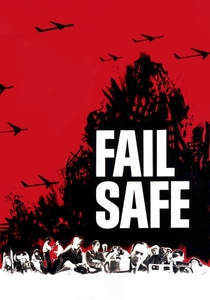
Fail Safe (1964)
Description: A tense drama about a technical malfunction that leads to an accidental nuclear attack on Moscow, forcing the U.S. President to make a grave decision.
Fact: The film was adapted from a novel by Eugene Burdick and Harvey Wheeler, who also wrote "The Ugly American."
 Watch Now
Watch Now
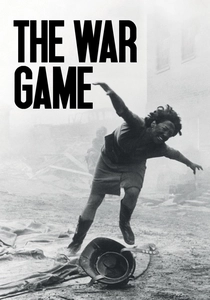
The War Game (1965)
Description: A pseudo-documentary that portrays the aftermath of a nuclear attack on Britain, using a mix of real footage and staged scenes to create a chillingly realistic scenario.
Fact: The BBC deemed the film too disturbing for public broadcast, leading to its initial release in cinemas.
 Watch Now
Watch Now
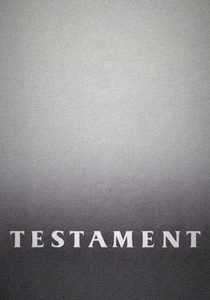
Testament (1983)
Description: This film focuses on the aftermath of a nuclear attack from the perspective of a family in a small California town, emphasizing the human cost of war.
Fact: Testament won the grand prize at the Sundance Film Festival in
 Watch Now
Watch Now
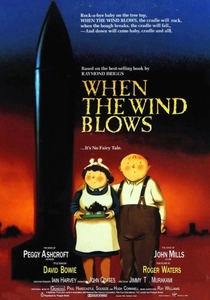
When the Wind Blows (1986)
Description: An animated film about an elderly British couple preparing for and surviving a nuclear attack, highlighting their naivety and the harsh realities of nuclear fallout.
Fact: The film was adapted from Raymond Briggs' graphic novel of the same name.
 Watch Now
Watch Now
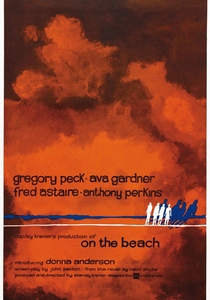
On the Beach (1959)
Description: Set in a post-apocalyptic world where the last remnants of humanity in Australia await the inevitable arrival of lethal radiation from the Northern Hemisphere.
Fact: The film was based on Nevil Shute's novel and was remade in 2000 with a different cast.
 30 Days Free
30 Days Free
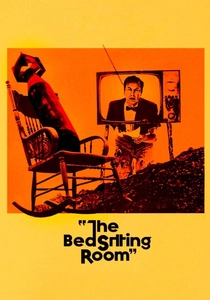
The Bed Sitting Room (1969)
Description: A surreal comedy set in post-apocalyptic London, where survivors struggle with bizarre mutations and the remnants of society.
Fact: The film was directed by Richard Lester, known for his work on "A Hard Day's Night" and "Help!" with The Beatles.
 30 Days Free
30 Days Free
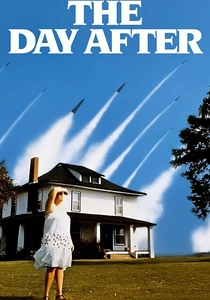
The Day After (1983)
Description: This American TV movie portrays the catastrophic consequences of a nuclear war between NATO forces and the Warsaw Pact, focusing on the lives of several families in Kansas.
Fact: The film was watched by over 100 million Americans, sparking national debate about nuclear war and leading to increased public awareness.
 30 Days Free
30 Days Free
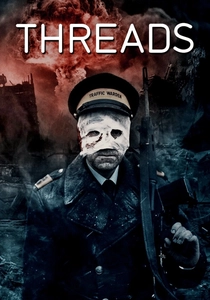
Threads (1984)
Description: This British television drama depicts the effects of a nuclear holocaust on the working-class city of Sheffield, England, and the subsequent breakdown of society.
Fact: Threads was so realistic and harrowing that it was used as an educational tool by the British government to inform the public about nuclear war.
 30 Days Free
30 Days Free
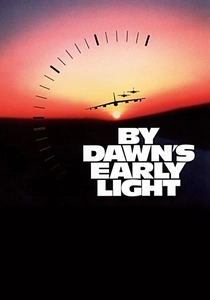
By Dawn's Early Light (1990)
Description: This TV movie explores a scenario where a nuclear war breaks out due to a misunderstanding, focusing on the efforts to prevent further escalation.
Fact: The film was based on the novel "Trinity's Child" by William Prochnau.
 30 Days Free
30 Days Free

